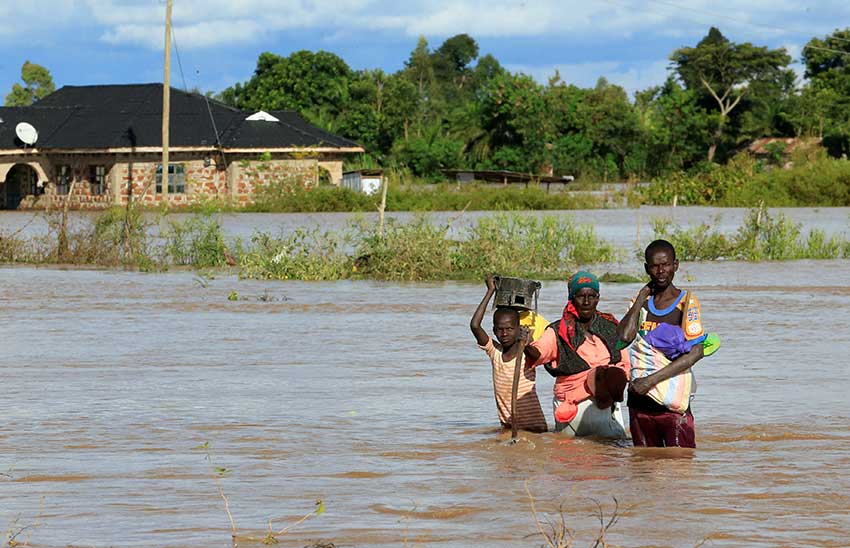
I come from Africa, where the health system is nowhere near as good as it is here, so that consequently more people die in pain and suffering, and yet there is no widespread call for euthanasia. Why do you think there is such a call here and in other developed countries?
You touch upon a very important question and perhaps, having lived in both worlds, you could answer it better than I can. I have been pondering the same question for many years and have come up with several answers.
Actually, the recent Letter Samaritanus bonus of the Vatican’s Congregation for the Doctrine of the Faith offers some useful reflections which answer your question. It lists three obstacles that diminish our sense of the intrinsic value of every human life.
The first is the notion of a “dignified death” as measured by the standard of the “quality of life”.
Quoting an address of Pope Francis to Italian physicians in 2014, the Letter says that this quality of life is seen today in a utilitarian perspective, “primarily related to economic means, to ‘well-being’, to the beauty and enjoyment of physical life, forgetting the other, more profound, interpersonal, spiritual and religious dimensions of existence” (n. IV).
That is, in the developed world people tend to think life is worth living only when they have a maximum of comfort and material means, of freedom from pain and suffering. When these are lacking people no longer want to go on living and they ask for euthanasia or assisted suicide.
In Africa and many other parts of the world, on the contrary, the material aspect is given much less importance, since a majority of people live without anything like our standards of comfort and abundance of material things.
They value much more family bonds, their relationship with God, what the Letter refers to as the “interpersonal, spiritual and religious dimensions of existence”.

When someone is sick or suffering in any way, the family surrounds them with love and affection, accompanying them with great generosity. They have “quality of life” in the true sense and they don’t think of ending their life.
The second obstacle that obscures our understanding of the sacredness of life is a false understanding of “compassion”.
When a person is suffering greatly, the termination of their life is justified in the name of compassion, thinking that it is better to die than to suffer and that it would be more compassionate to help them die to end their suffering.
But by its very etymology, the word “compassion” means “to suffer with” another. What most people want when they are suffering is someone to stay with them, showing them that they are loved and valued.
They don’t want to die but rather to know they are loved. As the Letter says, “human compassion consists not in causing death, but in embracing the sick, in supporting them in their difficulties, in offering them affection, attention, and the means to alleviate their suffering” (ibid.). I think Africans and other peoples understand this much better than we do.
The third obstacle is “growing individualism within interpersonal relationships, where the other is viewed as a limitation or a threat to one’s freedom” (ibid.).
This can be seen both from the point of view of the family and others caring for the suffering person, and also from that of the sick person himself.
Individualism, an exaggerated selfishness on the part of family members or carers, sees the suffering person as an obstacle to their own comfort and way of life, as a burden to be carried, and they are very happy to be rid of the burden by getting the sick person “out of the way”.
They may naturally find it difficult to see someone suffering greatly, or to visit them frequently, and they think about their own comfort rather than the needs of the other. This attitude leads to what Pope Francis has called the “throw-away” culture, where people are “discarded” when they no longer serve others’ purpose (cf. ibid.).
On the other hand, the individualism may be on the part of the suffering person himself, who experiences a lack of independence, of self-sufficiency, of autonomy, and wants to end his life so as not to be reliant on others.
But this too can be a lack of charity for their loved ones, who want to have the person with them as long as possible.
